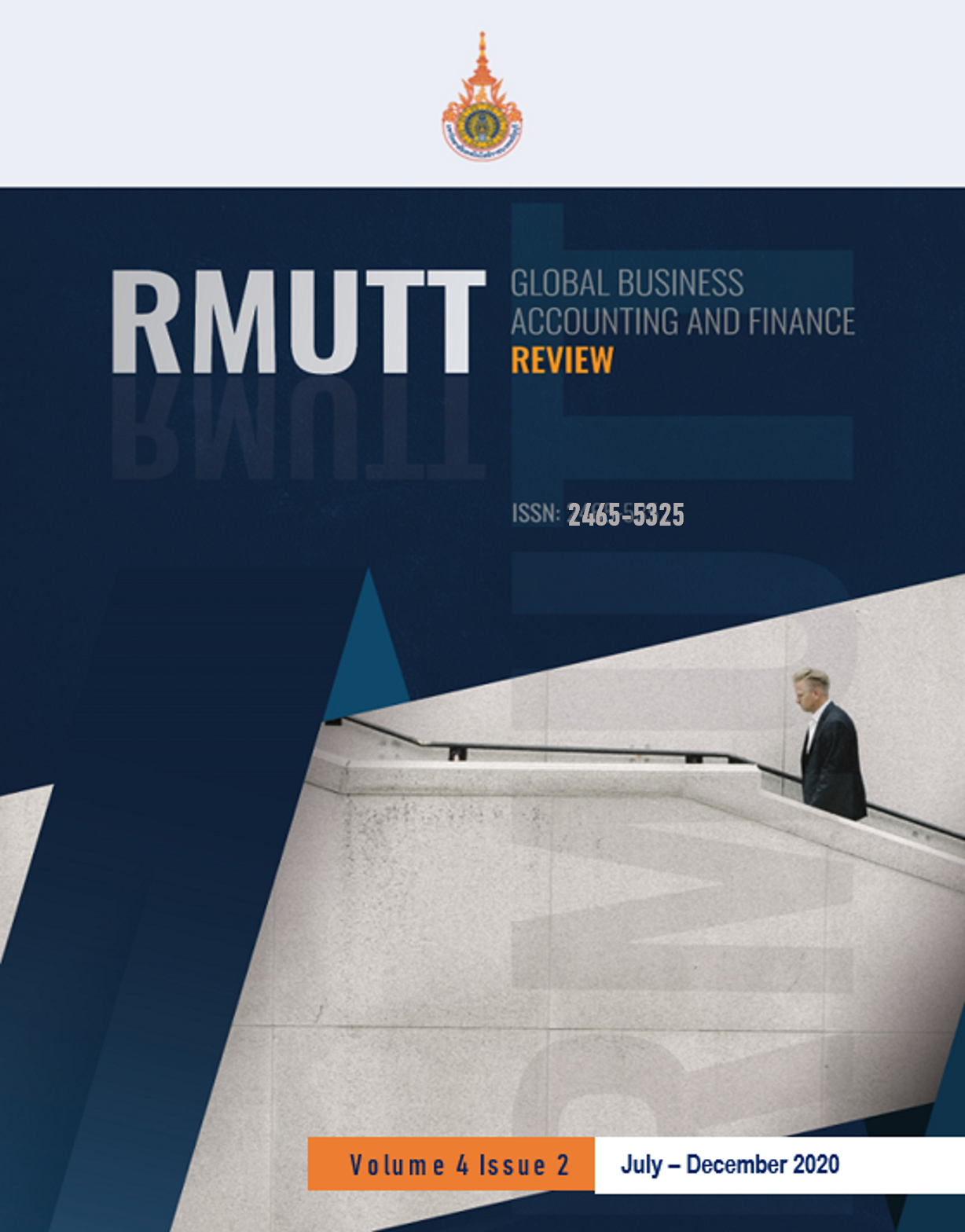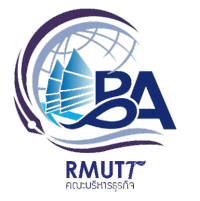THE STUDY ON THE USE OF ILLEGALLY ISSUED TAX INVOICES FOR TAX CREDITS AT THE CENTRAL AUDIT OPERATIONS DIVISION, REVENUE DEPARTMENT
Keywords:
Tax Invoice, Illegally, Tax Credit, The Revenue DepartmentAbstract
The objectives of this research were to study the concepts and principles of Value Added Tax, including illegal issuing of invoices, to study the rules and procedures related to the tax invoice issuance for further development guidelines, and to seek preventive measures for illegal tax invoice issuance and for the use of illegal tax invoice. This research study is a qualitative research. Data were collected from tax textbooks, theses, articles, and also electronic data in order to be analyzed for
recommendations and solutions to the problems. The study found that there have been practices, regulations and criminal proceeding for illegal invoice issuance. After checking the list with high volumes and consecutive sales with the system of the Central Audit Operations Division, there are two types of the lists. One must be verified by allowing users to prove all the bill payment while the other does not have to be verified due to clear faults. Issuing illegal tax invoices nowadays is caused by complexity and complications, with legal gaps that affect entrepreneur’s tax credit refund. This leads to difficulties in tax collection due to several procedures of Tax Return Investigations. If the process is enhanced continuously, the illegal tax invoice issuance problems will be gradually decreased while entrepreneurs’ tax payment will be increased.
References
Clark, J.Morris. (1976). Civil and Criminal Penalties and Forfeitures: A Framework for Constitutional Analysis. Minnesota Law Review, 1526.
Devarajan, S., Jitsuchon, S., & Sussangkarn, C. (1991). A Value Added Tax (VAT) in Thailand: Who Wins and Who Loses?. TDRI quarterly review, 6(1), 12-16.
Grieve, A. P. (2012). Source data verification by statistical sampling: issues in implementation. Drug information journal: DIJ/Drug Information Association, 46(3), 368-377.
Revenue Department. (2020). Revenue Code. Retrieved from https://www.rd.go.th/publish/5209.0.html
Revenue Department. (2016). Tax Invoice Handbook. Retrieved from http://www.rd.go.th/publish/fileadmin/user_upload/ebook/taxinvoice.pdf
Rao, N. (2016). Do tax credits stimulate R&D spending? The effect of the R&D tax credit in its first decade. Journal of Public Economics, 140, 1-12.
The Revenue Department. (1997). Commemorative book for opening the Revenue Department building. 1st edition, Bangkok: Bangkok Printing House (1984) Ltd., Page 221.
Wisuttipat, C. (2004). Value Added Tax Collection from Electronic Commerce Transactions. (Master of Laws, Thammasat University).









